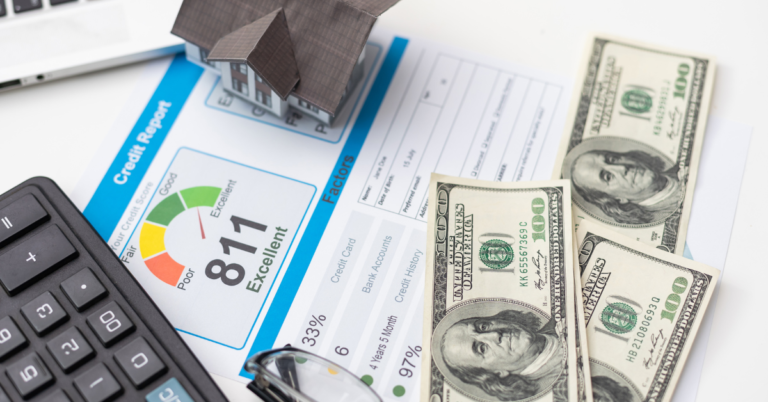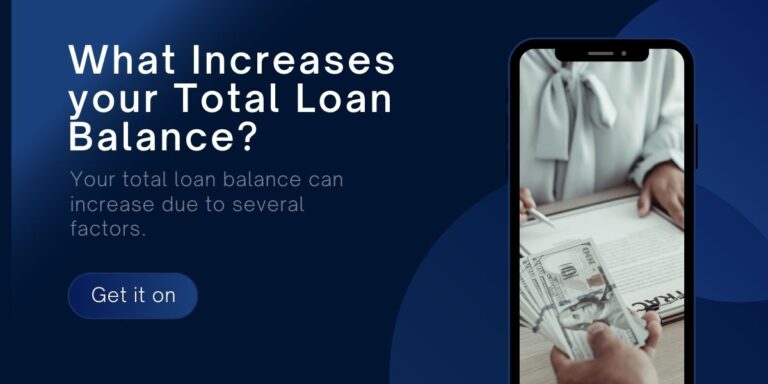When you’re looking to get a debt consolidation loan, there are a few things that might make the process tricky.
First off, your credit score is crucial. If it’s not in great shape, you might find it hard to get a good deal or even get approved at all.
Lenders will also look at your income and debt-to-income ratio. If your finances are a bit shaky, that could be a problem.
Some loans come with high fees or interest rates, especially if your credit isn’t stellar.
Keep in mind that a consolidation loan doesn’t fix the habits that got you into debt in the first place, so if you’re not careful, you could end up back in the same situation.
How Hard Is It to Get a Debt Consolidation Loan?
Getting a debt consolidation loan can be challenging if you have a low credit score or high debt levels.
Lenders look for good credit and stable income to approve loans.
If your credit is poor or your finances are unstable, you might face higher interest rates or difficulty getting approved.
Imagine you’re juggling multiple credit card payments, each with different due dates and high interest rates. You decide to apply for a debt consolidation loan to streamline your finances.
If your credit score is solid and you have a steady income, you might get approved with a lower interest rate, making your monthly payments more manageable and saving you money in the long run.
However, if your credit score is on the lower side or you’re deep in debt, you might face higher interest rates or even get turned down.
It’s like trying to get a seat on a crowded bus if you’re at the front of the line with good credentials, you’re likely to get a spot.
But if you’re further back, you might have to wait or face less favorable conditions.
Factors Affecting the Approval of Debt Consolidation Loans
When applying for a debt consolidation loan, several factors come into play that can impact your approval:
- Credit Score: Lenders use your credit score to assess your creditworthiness. A higher score increases your chances of approval and better loan terms, while a lower score might lead to higher interest rates or denial.
- Income: Your income level demonstrates your ability to repay the loan. Lenders prefer a stable, sufficient income that can cover both your existing debt and new loan payments.
- Debt-to-Income Ratio: This ratio compares your monthly debt payments to your income. A lower ratio is favorable, as it indicates you have enough income to manage additional debt responsibly.
- Employment History: A stable job history shows financial stability. Lenders may view frequent job changes as a sign of financial instability, which could affect your approval chances.
- Existing Debt: The total amount of debt you have will influence your approval. Lenders assess whether the consolidation loan will effectively manage your existing debt and if you can handle the payments.
- Loan Amount: The amount you want to borrow matters. Lenders evaluate whether you’re requesting a reasonable amount based on your credit profile and income.
- Loan Terms: The terms you’re seeking, such as the repayment period and interest rate, will impact your approval. Longer terms might mean lower monthly payments but more interest paid over time.
How to Get a Debt Consolidation Loan Instantly?
If you need a debt consolidation loan quickly, start by checking your credit score to see where you stand.
Gather all your financial documents, like proof of income and details of your debts, to speed things up.
Next, research lenders known for fast approval, such as online lenders or credit unions. Many offer quick online applications and same-day decisions.
Use pre-qualification tools to get an idea of your terms before applying, and make sure you apply online for the fastest response.
If traditional loans seem too slow, consider balance transfer credit cards or peer-to-peer lending as faster options.
Finally, follow up with the lender to ensure everything is moving along smoothly and address any additional information they might need.

Hey, I’m Ratiranjan Singha, the Creator of Myworldstuffs.com. I Offer in-Depth Articles and Guides that Help you to Understand Various Financial Concepts.











Usually I do not read article on blogs however I would like to say that this writeup very compelled me to take a look at and do so Your writing taste has been amazed me Thanks quite nice post
Hi my family member I want to say that this post is awesome nice written and come with approximately all significant infos I would like to peer extra posts like this